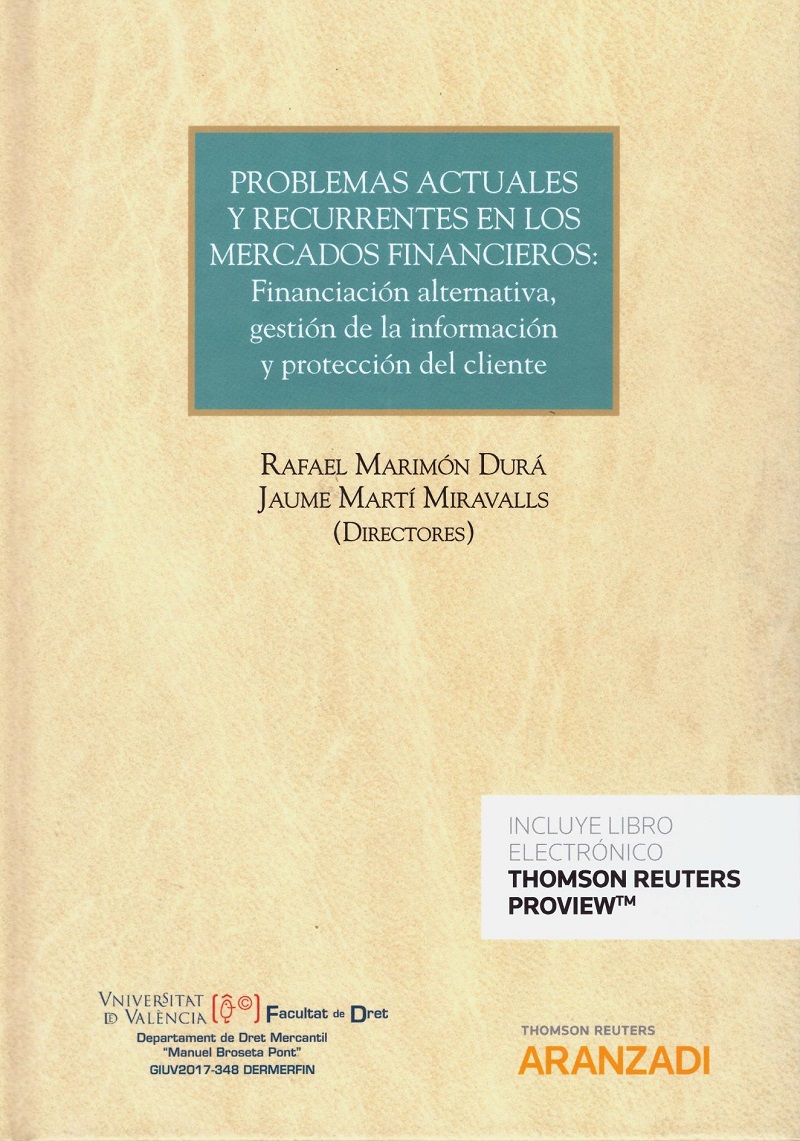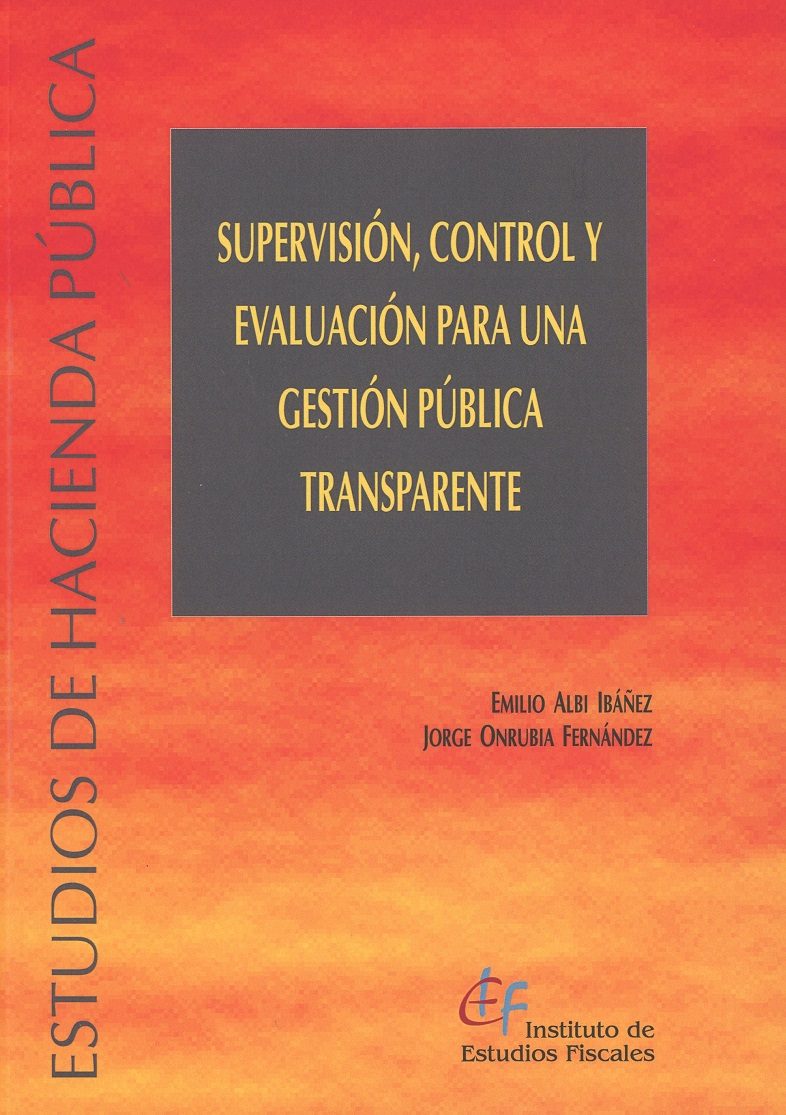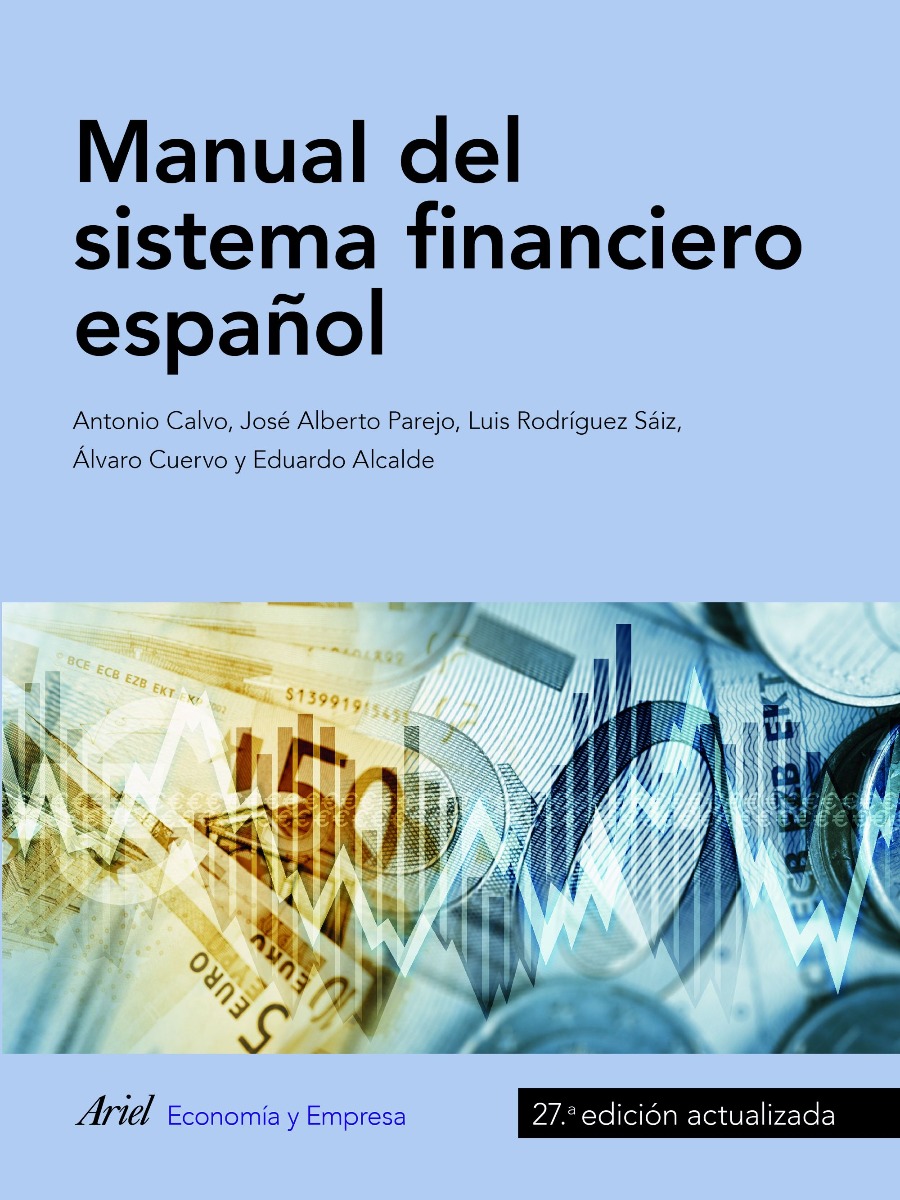Challenges fintech to financial regulatory strategies
The increasingly popular term of Fintech captures the accelerated and multidimensional transformation of contemporary financial markets driven and enabled by digital technologies and financial innovation.
Financial regulation faces a dynamic and changing market. Technological progress has been key in the transformation of finance. However, the rapid pace of innovation and its unpredictable large-scale effects present unprecedented challenges. The complexity and scope of these changes, along with the disruptive potential of innovative models, make the work of financial regulators and supervisors difficult.
Therefore, articulating a balanced, timely and effective regulatory response to Fintech challenges requires first to understand all the dimensions of such transformation, the emerging models, the technological developments and its applications, and the innovative products and services.
This book, prepared by the author under the Legal Research Programme 2018 sponsored by the European Central Bank, devises a taxonomy to better comprehend, assess, and systematize the impact of digital innovation on financial markets on the basis of an original theory: the layers of digital financial innovation (architecture and structures, product and services, market players).
This theory enables to identify, classify and categorize the challenges for regulation and supervision. Risks and benefits differ in each layer. After the analysis of concrete examples to apply the theory (robo advisers, crowdfunding platforms, aggregators and comparators, social trading and copy trading), the author elaborates a framework (based on three variables) to assess the soundness and test the resistance of the current regulatory system and guide the legal response to digital challenges. Finally, the book concludes with a set of principles and strategies to guide an effective, agile, and opportune regulatory response to Fintech.
AUTORA: TERESA RODRÍGUEZ DE LAS HERAS BALLELL
MÁS TÍTULOS SOBRE ANÁLISIS ECONÓMICO Y FINANCIERO







